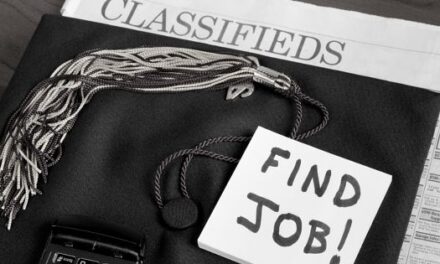My friends Ben and Liz are on a 14 week 4WD trek with their two kids through northern Australia. My friends Matt and Mel travelled with their three girls roaming across Russia through to Europe. My colleague Simon Walker did a caravan tour of the east coast, all while running his own business. My colleague Heidi Alexandra Pollard has bought herself a tiny house and will now live and work towing this little shack behind her truck.

Work-life experiments are becoming more popular. There is the Digital Nomad movement where you can abandon your fixed address and roam the world where there is good internet services and do client work from wherever your wanderlust takes you. There are even companies designing services for these nomads.
You can read one of the best books about the digital workplace revolution in Scott Berkun’s book, The Year Without Pants.
But do these experiments really work? Here’s what to look out for before you take the plunge.
Rob and I undertook our own work-life experiment this winter. We booked four weeks at our ski lodge and set the intention to ski in the morning and work in the afternoon. He’s a lawyer, and I’m a leadership expert.
The results:
In reality we skiied two thirds of the day and after going hard all day on the slopes, did not much feel like working. Here’s what I learned from the experiment:
It’s not a holiday.
Because we went to our usual holiday spot, we felt like we were on holiday. This did not feed the desire for working! Holidays and work-life experiments have different rules. Holidays are for having no rules! If you are going to work in a holiday destination, you need strong rules and boundaries between work and play.
Adjust your expectations.
If the experiment is a short-term one, don’t imagine you will have the same resources and routines you might have in your regular environment. As a leadership expert, my primary paid work is training leadership skills, facilitating culture and strategy workshops, and keynote speaking. It’s hard to do those things from the slopes. Therefore paid work outside of coaching (which I did via zoom) was non-existent.
Also, my phone service did not work. This made it tricky to do effective potential client meetings. Doh!
In other words, without significant re-design in how I deliver work, it was just not going to happen. Cue a drop in income.
Prepare for your resource limitations.
As per the lesson above, plan ahead for a drop in work and income. Have the financial resources to carry you through the experiment and for when you are back in the normal routine. Make alternative arrangements or plans for business development, customer service, staff support.
It’s an experiment.
Experiments start with a hypothesis and then you gather data to assess as you go along. With any experiment, determine what is acceptable risk with the experiment. What are you prepared to give up by doing it? What are you prepared to gain?
I was prepared to give up a loss of income and traction on some of my projects. The stakes were relatively low for me. This was only a temporary dip in playing the long game. The long game is to live an extraordinary life and to be an inspiration to others.
What are you prepared to give up or lose? The stakes might be higher for you: Staff losses? Customer expectations? Lobbying opportunities?
The Case for Deep Play
The danger with a work-life experiment is the blurring of the lines between work, rest, and play. With the advent of mobile technology, I have noticed a massive change in how people experience their holidays. Screens are never far away, we’re always available. The chance to decompress and get a mental break diminishes. Arianna Huffington has built a whole movement around this!
Cal Newport in his book, Deep Work, advocates the benefits of having strong boundaries around your attention so that you can dive deeply into the work that matters.
I think this is essential for all aspects of work, rest and play. We need strong boundaries around each of those things. In effect, we need Deep Work, Deep Rest, and Deep Play. When we’re doing one, we’re doing just that one. When we work, we work. When we rest, we rest. And when we play, we play.
It reminds me of the parent guilt I hear a lot about from my clients: they feel guilty when they’re at work because they are not with their kids. When they’re with their kids, their minds are transfixed with issues at work. They never enjoy or thrive in either role.
Deliberate, conscious, mindful attention to where we are now, right now, is the way to release all that.
I worked on that while skiing. Some days it was easy to get caught up in the worries of the business and forget about the glorious views. And while working, it was easy to long for the fresh air and swoosh of the slopes. Being focused and surrendered to the activity of the moment was more challenging in a work-life experiment, but one of the ever more important skills to master.
So through my experiment, I’ve worked out that:
- It can work. It needs good planning, adjusted expectations, and strong boundaries.
- Deep Play is important. There is still value in a holiday. Just a holiday and nothing else. And we commit to the freedom and joy of simple being and play.
- Make your own rules! We live in extraordinary times. Make the most of them!



















